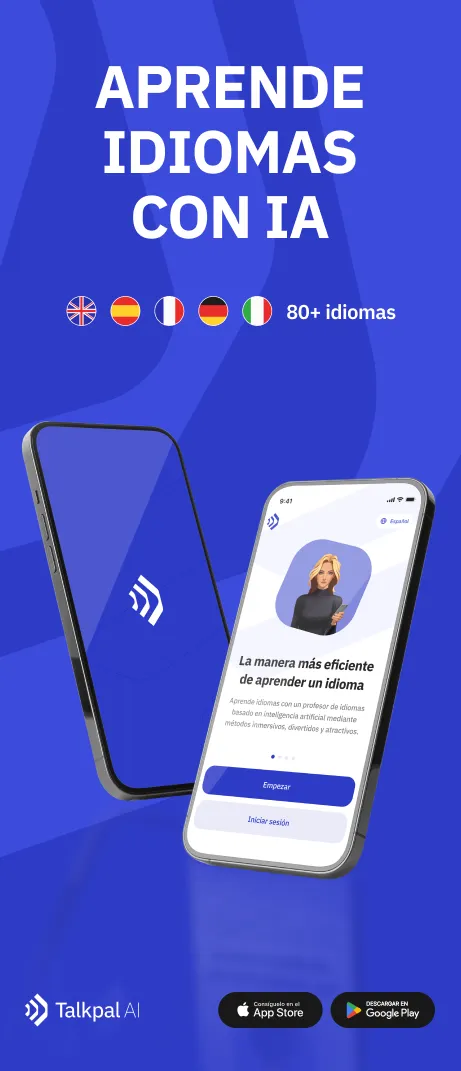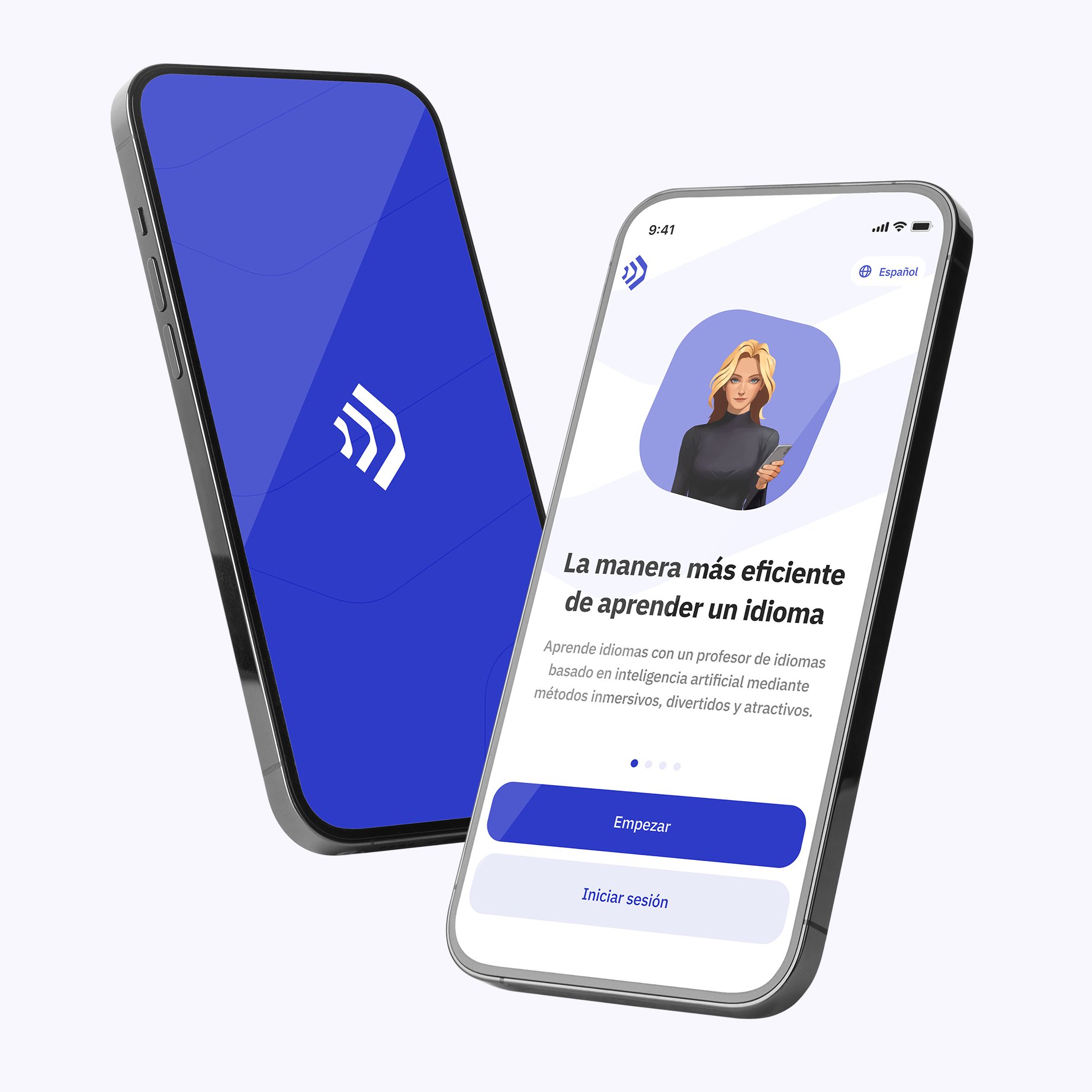Vocabulario esencial para situaciones cotidianas
Salud y bienestar
Cuando hablamos de nuestra salud y bienestar, es importante conocer términos específicos. Aquí tienes algunas palabras y frases que te serán útiles:
– Doctor: médico. «I need to see a doctor because I have a headache.»
– Appointment: cita. «I have an appointment with the dentist at 3 PM.»
– Medicine: medicamento. «The medicine the doctor prescribed is very effective.»
– Symptoms: síntomas. «What are your symptoms?»
– Healthy: saludable. «Eating vegetables is healthy for you.»
Compras y servicios
Cuando vayas de compras o necesites utilizar algún servicio, estas palabras te serán muy útiles:
– Store: tienda. «I need to go to the store to buy some groceries.»
– Price: precio. «What is the price of this shirt?»
– Discount: descuento. «Is there a discount on these shoes?»
– Cashier: cajero/cajera. «The cashier was very friendly.»
– Receipt: recibo. «Can I have a receipt for this purchase?»
Viajes y transporte
Viajar es una de las actividades más comunes y estas palabras te ayudarán a moverte con facilidad:
– Ticket: billete/entrada. «I need to buy a ticket for the train.»
– Airport: aeropuerto. «The airport is very busy today.»
– Luggage: equipaje. «Don’t forget to pack your luggage.»
– Destination: destino. «Our destination is Paris.»
– Boarding pass: tarjeta de embarque. «You need your boarding pass to get on the plane.»
Expresiones comunes y frases útiles
Además de las palabras individuales, es fundamental conocer algunas expresiones y frases comunes que te permitan comunicarte de manera más fluida y natural.
Expresiones para expresar opiniones
– I think: Creo que. «I think this is a good idea.»
– In my opinion: En mi opinión. «In my opinion, this movie is fantastic.»
– I agree: Estoy de acuerdo. «I agree with you.»
– I disagree: No estoy de acuerdo. «I disagree with that statement.»
– It seems to me: Me parece. «It seems to me that he is right.»
Frases para hacer sugerencias
– How about: ¿Qué tal si…? «How about we go to the park?»
– Why don’t we: ¿Por qué no…? «Why don’t we try a different restaurant?»
– Let’s: Vamos a… «Let’s watch a movie tonight.»
– You could: Podrías… «You could call her to ask.»
– Shall we: ¿Deberíamos…? «Shall we take a walk?»
Frases para pedir y dar información
– Can you tell me: ¿Me puedes decir…? «Can you tell me where the nearest bank is?»
– Do you know: ¿Sabes…? «Do you know what time it is?»
– I’m looking for: Estoy buscando… «I’m looking for the library.»
– How much: ¿Cuánto…? «How much does this cost?»
– Where is: ¿Dónde está…? «Where is the bathroom?»
Vocabulario para el trabajo y los estudios
En el ámbito laboral y académico, es esencial tener un vocabulario adecuado. Aquí tienes algunas palabras que te serán de gran ayuda:
En el trabajo
– Job: trabajo. «I have a new job in a marketing company.»
– Colleague: colega. «My colleague is very supportive.»
– Meeting: reunión. «We have a meeting at 10 AM.»
– Project: proyecto. «This project is very challenging.»
– Deadline: fecha límite. «The deadline for this report is next Friday.»
En los estudios
– Class: clase. «I have an English class every Monday.»
– Exam: examen. «The final exam is next week.»
– Homework: tarea. «I need to finish my homework tonight.»
– Lecture: conferencia/charla. «The lecture was very interesting.»
– Grade: nota. «I got a good grade on my test.»
Palabras para describir personas y lugares
Describir a personas y lugares es una habilidad fundamental en cualquier idioma. Aquí tienes algunas palabras clave:
Describir personas
– Friendly: amigable. «She is very friendly.»
– Hardworking: trabajador. «He is a hardworking student.»
– Tall: alto. «My brother is very tall.»
– Short: bajo. «She is quite short.»
– Kind: amable. «He is always kind to everyone.»
Describir lugares
– Beautiful: hermoso. «The park is very beautiful.»
– Crowded: lleno de gente. «The city center is always crowded.»
– Quiet: tranquilo. «This neighborhood is very quiet.»
– Modern: moderno. «The building is very modern.»
– Historic: histórico. «There are many historic sites to visit.»
Verbos esenciales
Los verbos son una parte crucial del vocabulario, ya que permiten expresar acciones, estados y ocurrencias. Aquí tienes algunos verbos esenciales para el nivel B1:
– To understand: entender. «I understand what you are saying.»
– To explain: explicar. «Can you explain this to me?»
– To decide: decidir. «We need to decide where to go.»
– To improve: mejorar. «I want to improve my English skills.»
– To recommend: recomendar. «Can you recommend a good restaurant?»
Conectores y adverbios
Los conectores y adverbios te ayudan a estructurar tus frases y expresar tus ideas de manera más clara y coherente.
Conectores
– Because: porque. «I am late because of the traffic.»
– Although: aunque. «Although it was raining, we went for a walk.»
– Therefore: por lo tanto. «He was tired, therefore he went to bed early.»
– However: sin embargo. «It’s a good idea. However, it might be difficult to implement.»
– In addition: además. «In addition to his job, he is studying at university.»
Adverbios
– Usually: usualmente. «I usually go to the gym in the morning.»
– Sometimes: a veces. «I sometimes read before going to sleep.»
– Quickly: rápidamente. «She finished her work quickly.»
– Well: bien. «He speaks English very well.»
– Almost: casi. «I’ve almost finished my homework.»
Conclusión
Al dominar estas palabras y frases clave, estarás mejor preparado para enfrentar las situaciones cotidianas y comunicarte de manera más efectiva en inglés. Recuerda que el aprendizaje de un idioma es un proceso continuo, y cada nueva palabra o expresión que aprendas te acercará un paso más a la fluidez. ¡Sigue practicando y no te rindas!










